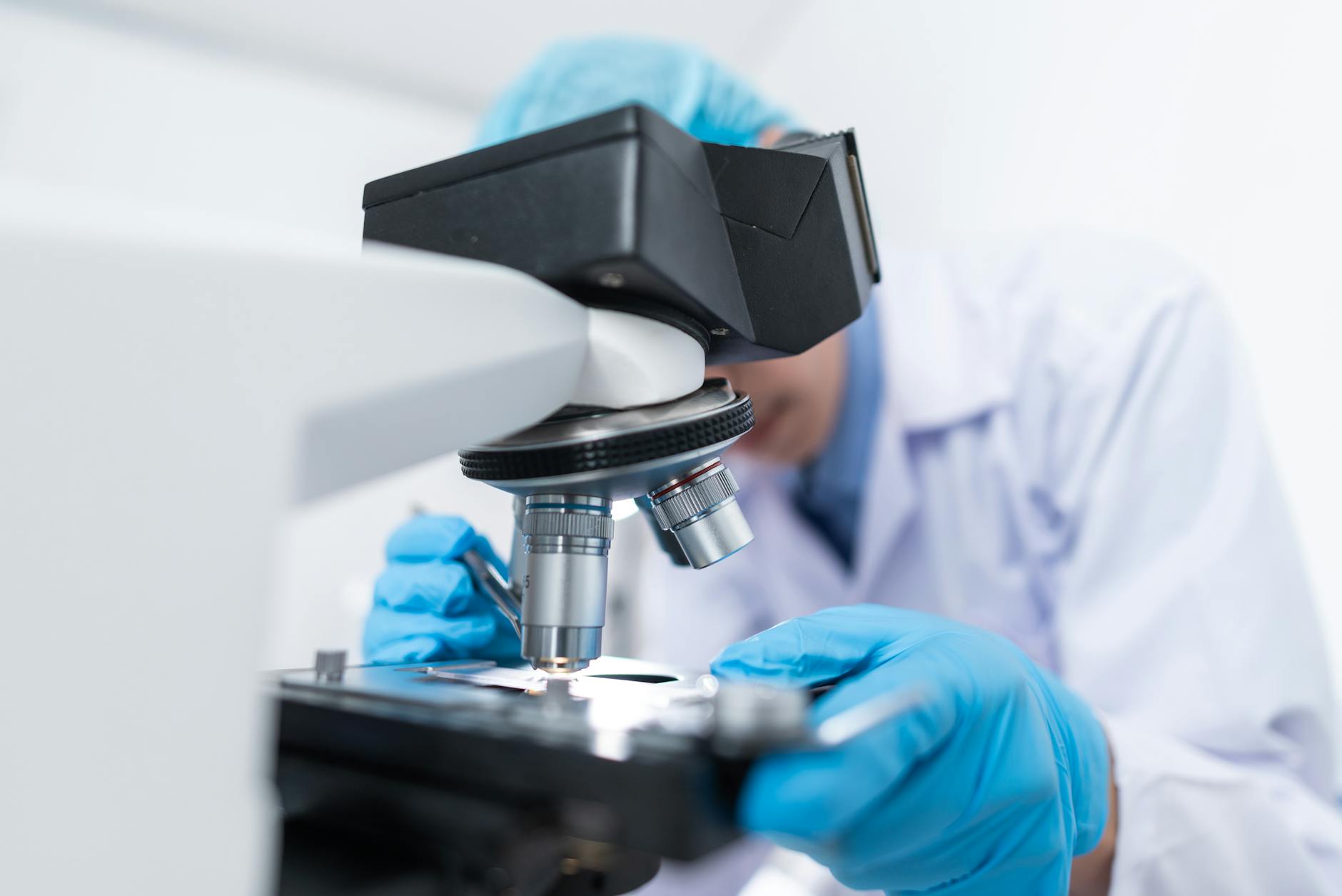Discover groundbreaking treatments offering hope for those living with Parkinson’s Disease. Learn about the latest advancements in disease management.
Table of Contents
Imagine waking up one day and finding that your body no longer moves the way it used to. Simple tasks like buttoning a shirt or walking down the street become challenges. This is the reality that millions of individuals with Parkinson’s disease face every day. However, there is hope on the horizon. In this blog post, we will explore the symptoms, causes, and treatment options for Parkinson’s disease, shedding light on the promising advancements in the field that offer a glimmer of hope for those affected by this debilitating condition.
Parkinson’s Disease: Unpacking the Symptoms
Parkinson’s disease is a progressive neurodegenerative disorder that primarily affects movement. The hallmark symptoms of Parkinson’s disease include tremors, stiffness in the limbs, bradykinesia (slowed movement), and postural instability. As the disease advances, individuals may also experience non-motor symptoms such as cognitive impairment, depression, and sleep disturbances.
Causes and Risk Factors
While the exact cause of Parkinson’s disease remains unclear, researchers believe that a combination of genetic and environmental factors play a role in its development. Age is the biggest risk factor for Parkinson’s disease, with most individuals diagnosed after the age of 60. Other risk factors include a family history of the disease, exposure to pesticides, and head injuries.
Traditional Treatment Options
Currently, the mainstay of treatment for Parkinson’s disease involves managing symptoms through a combination of medication, physical therapy, and lifestyle modifications. Medications such as levodopa help replace the dopamine that is depleted in the brains of individuals with Parkinson’s disease, improving movement and reducing tremors. Physical therapy can also help individuals manage symptoms and maintain mobility.
Advancements in Treatment: A Beacon of Hope
While traditional treatment options provide relief for many individuals with Parkinson’s disease, researchers continue to make strides in developing innovative treatments that target the underlying causes of the disease. One of the most promising areas of research involves gene therapy, which aims to modify dysfunctional genes associated with Parkinson’s disease. Clinical trials have shown encouraging results, with some patients experiencing significant improvements in movement and quality of life.
| Treatment | Description | Benefits |
|---|---|---|
| Deep Brain Stimulation (DBS) | Implantation of electrodes in the brain to regulate abnormal brain activity | Reduces motor symptoms, improves quality of life |
| Gene Therapy | Introduction of genetic material to target specific genes associated with Parkinson’s | Potential to slow disease progression, minimize symptoms |
| Stem Cell Therapy | Transplantation of stem cells to replace damaged neurons in the brain | May restore motor functions, halt neurodegeneration |
| Immunotherapy | Stimulation of the immune system to target and clear abnormal proteins in the brain | Potential to reduce inflammation, slow disease progression |
Another exciting area of research is the development of neuroprotective therapies that aim to slow or halt the progression of Parkinson’s disease. These therapies target the mechanisms that lead to the degeneration of dopamine-producing neurons in the brain, offering new hope for individuals with Parkinson’s disease.
Looking to the Future: Promising Developments on the Horizon
As our understanding of Parkinson’s disease deepens and new technologies emerge, the future of Parkinson’s treatment looks brighter than ever. From wearable devices that monitor symptoms in real-time to personalized treatment plans based on genetic markers, individuals with Parkinson’s disease can expect more tailored and effective care in the years to come.
Conclusion
Parkinson’s disease poses many challenges, but with ongoing research and advancements in treatment, there is reason for optimism. By raising awareness, supporting research efforts, and advocating for improved access to care, we can bring hope to those affected by Parkinson’s disease. Together, we can turn hope into action and work towards a future where Parkinson’s disease is no longer a life-altering condition, but a manageable one.
FAQ
Here are answers to some common questions about Parkinson’s Disease and its treatments:
What are the main symptoms of Parkinson’s Disease?
The main symptoms of Parkinson’s Disease include tremors, stiffness in the limbs, bradykinesia (slowed movement), and postural instability. Individuals with Parkinson’s may also experience non-motor symptoms such as cognitive impairment, depression, and sleep disturbances.
What are the traditional treatment options for Parkinson’s Disease?
Traditional treatment options for Parkinson’s Disease include medication (such as levodopa), physical therapy, and lifestyle modifications. These treatments aim to manage symptoms, improve mobility, and enhance quality of life for individuals with the disease.
What are some promising advancements in the treatment of Parkinson’s Disease?
Promising advancements in the treatment of Parkinson’s Disease include gene therapy, deep brain stimulation, stem cell therapy, and immunotherapy. These innovative approaches target the underlying causes of the disease and aim to slow or halt its progression, offering new hope for individuals with Parkinson’s.
What does the future hold for Parkinson’s Disease treatment?
The future of Parkinson’s Disease treatment looks promising, with advancements in wearable technology, personalized treatment plans based on genetic markers, and neuroprotective therapies. These developments offer the potential for more tailored and effective care, bringing us closer to a future where Parkinson’s Disease is more manageable.





